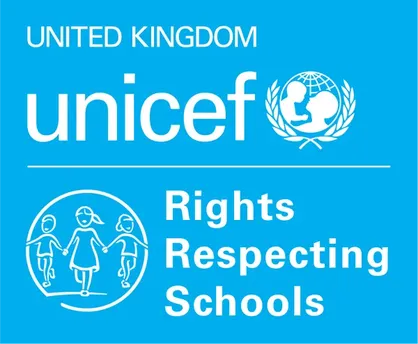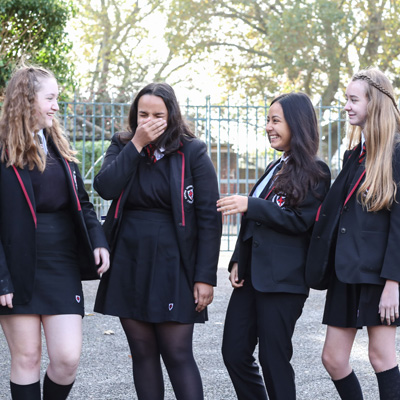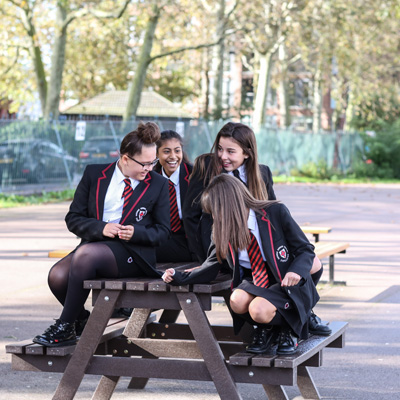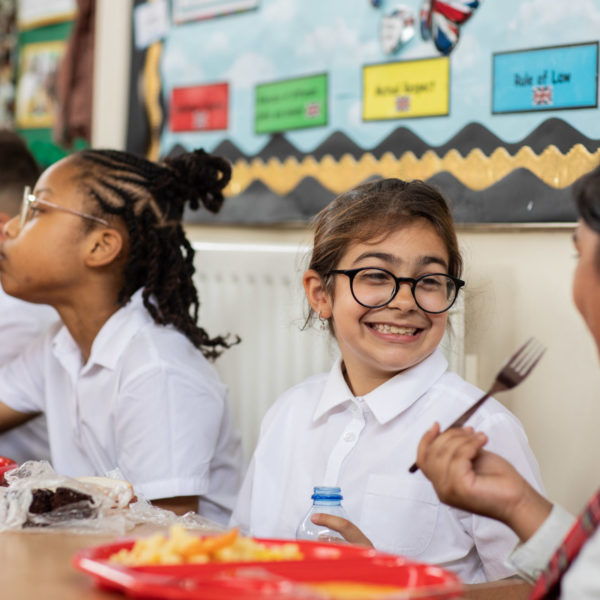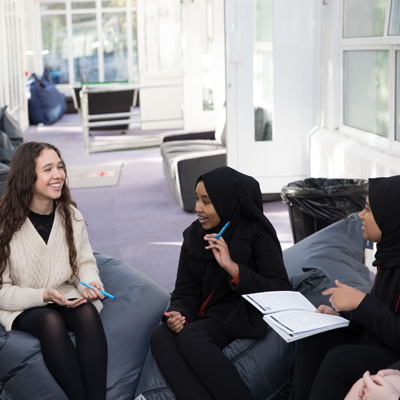Strand B: Teaching and learning through rights – ethos and relationships
Teaching and learning through rights means developing a rights respecting ethos in your school and rights respecting classrooms. This involves not just learning about rights but putting rights into practice every day in your school.
This guidance is aimed at all schools that have registered for the Rights Respecting Schools Award.
These suggestions are all informed by accredited schools. We know that schools have different contexts, so please choose actions from the ideas below (or use your own) that will work in your context to develop the priority areas you have identified from your RAG rating.
There is no expectation that any school should do all of these activities.
- Involve children and young people, parents and staff in discussing how your school’s vision aligns with the Convention – some schools decide to explicitly show how their vision is underpinned by the Convention. Show how key articles, such as Articles 12, 28 and 29, are central in a rights respecting school, but keep in mind that the Convention must be seen as a whole and no article is more important than another.
- Create a timetable for reviewing your school’s policies so they reflect the principles and articles of the Convention. Consider how pupils will contribute to the reviews.
- Promote ‘behaviour for learning’ principles in the classroom.
- Restorative Justice, Anti-bullying and non-discrimination initiatives such as Stonewall can all support children to put their rights into practice and respect those of others.
- Playground buddies, peer mediation and peer mentoring provide opportunities for older pupils to support younger students. Create opportunities for self and peer assessment.
- Involve children and young people in progress reviews with parents and carers.
- Establish regular planned opportunities to remind pupils that disclosing concerns about rights not being accessed is important and that parents, families and the wider school community.
- Create charters or agreements to support a positive learning environment. Encourage as (far as possible in your context) a pupil led dialogue about which articles matter most to them in school and then agreeing, collaboratively with adults, what actions children can do to respect these rights and what actions adults need to do as duty bearers to secure these rights. Find out more about charters here.
- Physical and mental health and wellbeing is actively promoted (for example link with Active Schools, sports leaders, presentations from outside speakers, work with outside agencies such as the NSPCC Pants campaign).
- Non-discrimination is actively promoted (for example in assemblies, choice of literature, curriculum & PSHE topics & resources, engagement with outside organisations).
- Discuss and agree with adults and children and young people what a rights respecting classroom feels like. Here are some example features of a Rights Respecting classroom
- Consciously discuss and develop attributes (such as resilience) and strategies (for example, Growth Mindset) to support pupils in sustained and life-long learning.
- Help pupils to feel confident in using the language of rights to resolve disagreements and address complex situations. Explore made up ‘scenarios’, use role play, hot seating, using circle time or Philosophy for Children approaches, debates etc.
- Encourage children and young people’s involvement with the evaluation of their own learning and in understanding their targets for improvement and how to achieve them.
- Develop meaningful involvement in areas such as topic planning (including opportunities for pupils to work with teachers in planning learning); self-determined or autonomous learning; structured feedback about lessons to staff.
